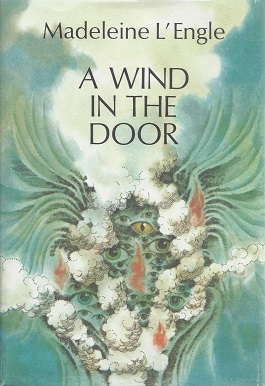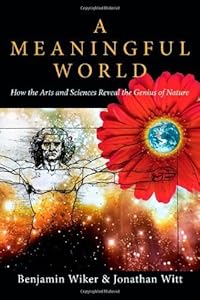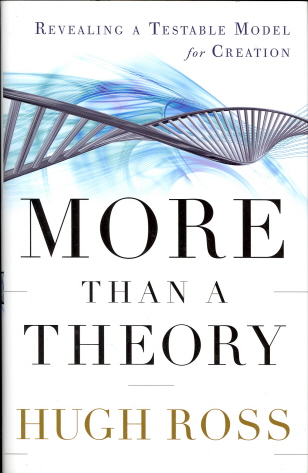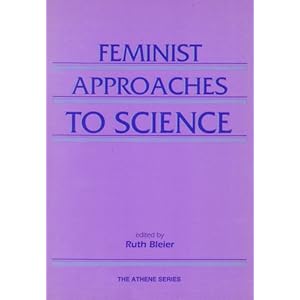Sorry for the delay on posting this! Quite honestly, summer is getting to me and I'm feeling rather lazy.
Book:
A Meaningful World: How the Arts and Sciences Reveal the Genius of Nature by Benjamin Wiker and Jonathan Witt
Description:
Meaningful or meaningless? Purposeful or pointless? When we look at nature, whether at our living earth or into deepest space, what do we find? In stark contrast to contemporary claims that the world is meaningless, Benjamin Wiker and Jonathan Witt reveal a cosmos charged with both meaning and purpose. Their journey begins with Shakespeare and ranges through Euclid's geometry, the fine-tuning of the laws of physics, the periodic table of the elements, the artistry of ordinary substances like carbon and water, the intricacy of biological organisms, and the irreducible drama of scientific exploration itself. Along the way, Wiker and Witt fashion a robust argument from evidence in nature, one that rests neither on religious presuppositions nor on a simplistic view of nature as the best of all possible worlds. In their exploration of the cosmos, Wiker and Witt find all the challenges and surprises, all of the mystery and elegance one expects from a work of genius. (from Amazon.com)
My Thoughts: I loved this book. In case you haven't picked up on this yet, I love reading books about creation and evolution and the natural world, and this is one of the best that I've read, both in terms of content and in terms of the quality of writing.
Wiker and Witt took a unique approach to the problem of creationism vs. naturalism, one that is based less on science but is nonetheless perfectly valid: if the universe was created, it must have been created by a genius, and the universe would therefore have the marks of genius just like any other great work of art. Most people can agree, I think, that the universe is beautiful and intricate, at the very least; most would consider it a work of art even if they don't believe in a Creator.
What a beautiful approach!
Wiker and Witt began by examining genius in human art, namely Shakespeare's
Hamlet and
The Tempest, and then examined several aspects of our universe to show how they exhibit markers of genius just as the plays
Hamlet and
The Tempest do as well. It would be ridiculous to think that Shakespeare created each of his plays by randomly putting one letter in front of another for a hundred plus pages; how much more ridiculous is it to think of our universe, then life coming together one molecule at a time? Perhaps the most interesting argument made in favor of design was the existence of science as it does: in each discipline, the matter under study is simple enough for the first scientists to eventually discover the basics of that discipline, but the farther they delve into the subject, the more complex it becomes. If the universe was random, wouldn't at least some disciplines have complex basic rules, making it difficult to impossible for scientists to understand?
Wiker and Witt also spent a great deal of time discussing postmodernism (and to a lesser degree naturalism), drawing it out to its logical conclusion of utter meaninglessness for everything in the universe. I thought that they pounded this topic too much; it may be the logical conclusion of these philosophies, but few if any scientists (or people, for that matter) think them through so coherently. Few scientists (or people) believe in utter meaninglessness. On the other hand, it is important to realize that it is what they ultimately point to.
Perhaps my only other criticism was that Wiker and Witt dissed Charles Darwin
way too much for my tastes--but then, I like Darwin. I thought they treated Darwin as if he had purposefully created a theory that argued that the world was meaningless and random, and I don't think that's true. He simply argued for a theory that does not, after a shallow examination, appear to require a Creator.






